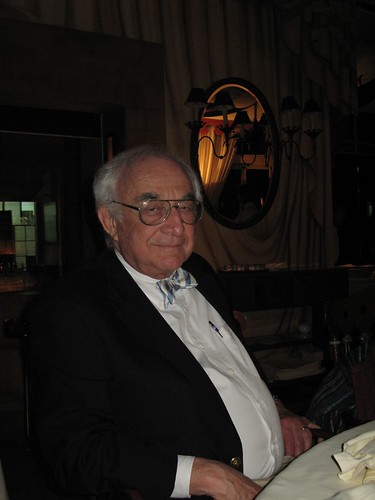A former pupil of Philip Meyer, Xabier Meilán, told me about this professor of the University of North Carolina long time ago. He was so enthusiastic about him that I became fond of Meyer’s works and theories too. I always liked the academician’s deep compromise with day-to-day Journalism, with practical (real) reporting values and routines. In may 2008, it is a pleasure to discover that at that time Meyer was also author of good educative texts that survive the test of time.

In a column written for the American Society of Newspaper Editors (ASNE) in 1996, Meyer posed the question «Why journalism needs PhDs?» More than ten years later, some answers provided by the author still sound like good advices:
Suddenly, the journalist’s job is more complicated than delivering information. Now the problem is not getting it into people’s hands. We have to worry about what gets into their heads.
The successful journalists of the near future will have to understand the processes and effects of mass communication and the theories that try to explain them as well as the craft skills of writing, editing, design and production».
And also:
«Today we have a desperate need for theory, for new ways of understanding the media environment and the choices that we are forced to make. Research universities with strong Ph.D. programs are our best hope for developing that new knowledge».
In 1968, Meyer shared a Pulitzer Prize with the staff of the Detroit Free Press, but he is better known all around the world as the father of «Precision Journalism«. This school of thought states that analyzing data through social science methods can allow journalists to discover hidden causes and effects in the news. Some people state that the current boom in data visualization has its origin in Precision Journalism.
Thanks, Juan Luis.